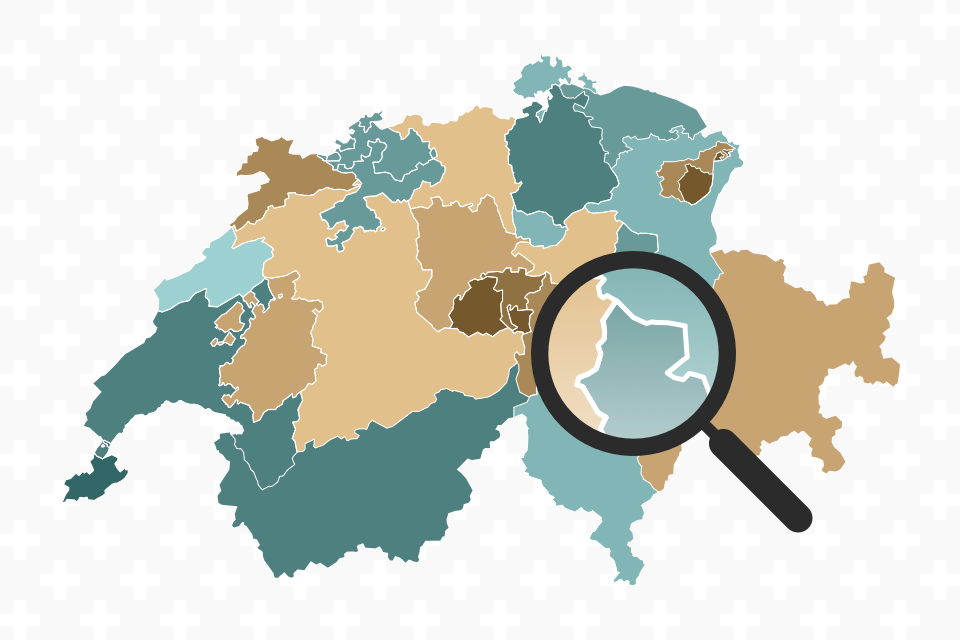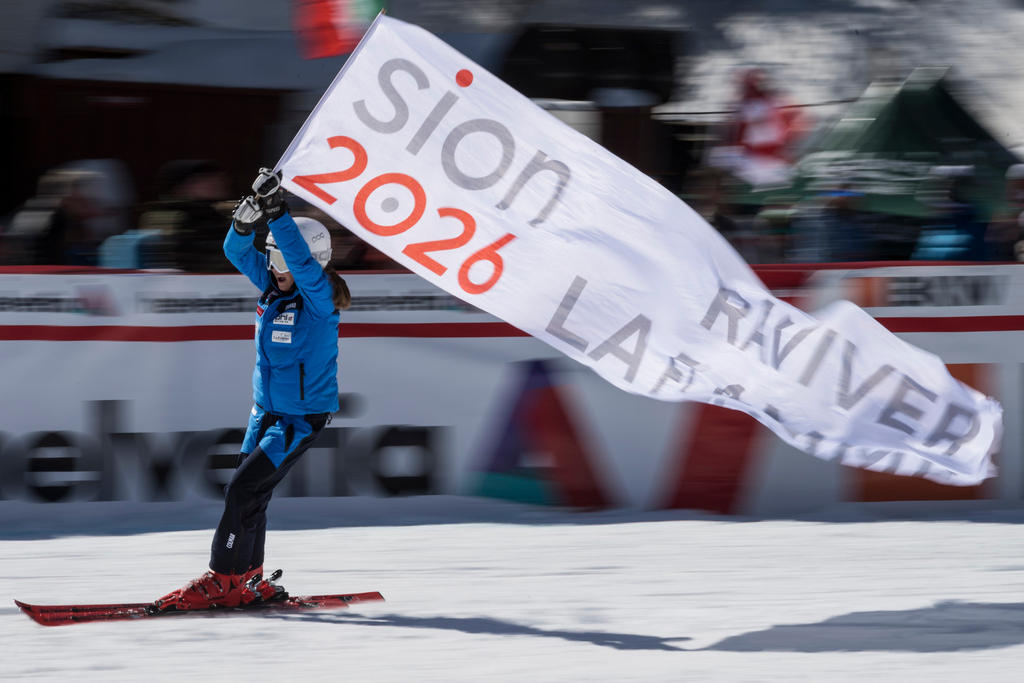Voters give clear thumbs up for reform of Swiss gambling law

Offshore casinos will be banned from offering online gambling in Switzerland. Voters on Sunday endorsed an overhaul of the country’s gambling law that also includes measures against addiction.
Final results show a 73% majority approving the law amid low voter turnout.
“Voters prefer to continue the current policy, only allowing gambling under restrictions,” Justice Minister Simonetta Sommaruga told a news conference.
However, the amended law, to come into force at the beginning of next year, will not set a precedent for blocking other websites, she added, in response to concerns that it would lead to internet censorship.
Approval of the law is a “pragmatic decision by Swiss voters who want to continue funding civil society projects with revenue of the casinos and lotteries,” according to Karl Vogler. The Christian Democrats led a parliamentary committee campaigning in favour of the law.

More
Vote results June 10, 2018
Opponents who had collected enough signatures to challenge the regulations approved by parliament last year, said it was difficult to appeal to a broad public with an issue as specific as gambling.
“We may have lost this battle, but put the issue of blocked internet sites on the political agenda,” Radical Party parliamentarian Marcel Dobler told public radio SRF.
Swiss casino industry
The No campaigners, from several youth wings of political parties on the right and left, argued that the law was too restrictive and would pave the way for state censorship of the internet.
Critics also believed it gave an unfair advantage to the Swiss casino industry by shielding it from offshore competition. And they said it failed to provide efficient protection for victims of gambling addiction.
At stake in this referendum were vast sums of money spent annually on gambling in the 21 licensed Swiss casinos, official lotteries and commercial bets.
Under a constitutional amendment confirmed by voters in 2012, revenue worth an estimated CHF1 billion ($1 billion) per year goes towards Swiss civil society as well as the state old age pension system.
Supporters of the law – the government, parliament as well as the cantons – warned that offshore casinos would win an increasing share of that revenue if the new rules were rejected. Sports, culture and social organisations risked losing a key source of funding.
Controversy
The pro and anti-campaigns ahead of Sunday’s referendum were marked by mutual allegations of undue lobbying from interest groups.
The law’s opponents were accused of relying on financial support from abroad, not only during the collection of the necessary signatures but also in the final phase of the campaign.
Beside the referendum on the gambling law, voters also rejected a sweeping reform of Switzerland’s monetary system – the Sovereign money initiative.
Switzerland’s bid for the 2026 Winter Olympics was also thrown out at the ballot box. Voters in canton Valais said no to providing a CHF100 million ($101 million) credit.
Votes and elections also took place in numerous cantons and municipalities.
In the other corner, the Swiss casino industry was singled out for trying to boost its influence on Swiss parliamentarians.
Another part of the debate focused on plans to block online access to websites of casinos operated outside the country.
The opponents appeared to target younger voters by raising the spectre of censorship and further state intervention in the free use of online offers.
The government dismissed these allegations, saying at least 17 other European countries resorted to blocking websites of unlicensed gambling providers.
Limited impact and turnout
Striking features of the campaigns over past few weeks were the divisions among many of the main political parties and the business community. The latter showed noticeable restraint throughout.
Despite a lively debate on social media channels, the issue did not attract broad interest.
Observers say opponents failed to extend the scope of their campaign beyond the circles of digital natives, a generation which is notoriously underrepresented in ballot box decisions.
Turnout in the votes this Sunday was around 34% only.
In comparison, over 54% of citizens took part in the nationwide ballots earlier this year about scrapping the public broadcast licence fee system and an extension of the federal tax regime.
Sovereign money initiative:
24.3% yes 75.7% no
Reform of gambling law:
72.9% yes 27.1% no
Turnout: 33.8%
More than 197,600 citizens, including Swiss Abroad, were eligible to participate in an ongoing trial with e-voting. Incomplete data show that at least 20,380 citizens took part, according to the Federal Chancellery.

In compliance with the JTI standards
More: SWI swissinfo.ch certified by the Journalism Trust Initiative















You can find an overview of ongoing debates with our journalists here . Please join us!
If you want to start a conversation about a topic raised in this article or want to report factual errors, email us at english@swissinfo.ch.